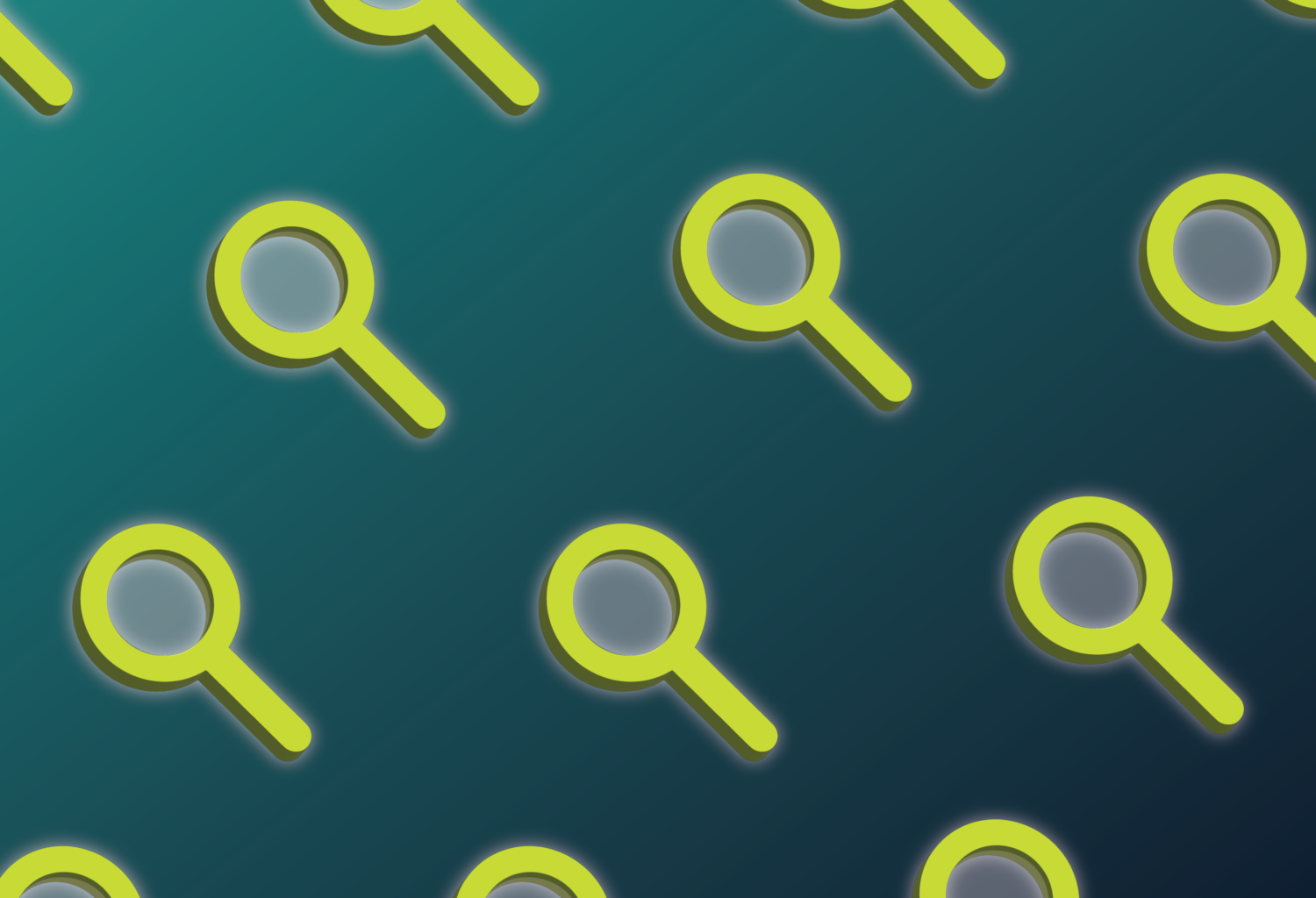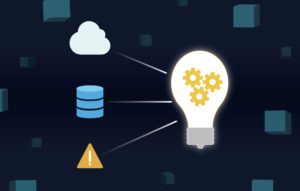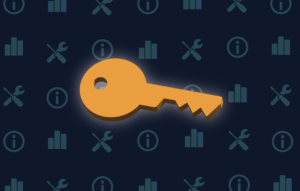Blog Team
Congruity360 Marketing
In the modern age, the average person is said to generate 1.7 megabytes of ‘data’ per second allowing for the concept of ‘data’ to become a scalable commodity while, at the same time, very fragile. As stewards of both the world’s vast digital landscape and the individualized bytes of a person’s daily life, our collective responsibility extends beyond mere management and into the realms of safeguarding, sensitivity, privacy, and legality.
Data stewardship is the critical linchpin that supports everything we do with data. In this article, we’ll explore why data stewardship is vital in your organization, how to enable robust data management, maintaining compliance with regulations like GDPR and HIPAA, and fostering a culture that values the information it handles.
Understanding Data Stewardship
Data stewardship doesn’t just happen; it’s a concerted, intentional, and ongoing effort. It involves the people, processes, and tools needed to recognize, protect, store, manage and responsibly handle data, from its inception to its archival or deletion. A business’s success increasingly depends on the effectiveness of its data stewardship strategies, which become more complex by the day, thanks to the interplay of rapid technological advances and ever-stricter regulations.
Data Stewardship vs Data Governance
While data stewardship focuses on the tactical management of data assets, ensuring their quality, accessibility, and protection, data governance provides the overarching framework that defines the principles, standards, and policies governing data usage within an organization. Data governance establishes the who, what, when, and how of data management, thereby setting the stage for data stewards to operate effectively. This symbiosis between governance and stewardship ensures that data is not only managed properly but also aligns with the broader business objectives and compliance requirements.
Essential Features of Modern Data Stewardship
Proactive Data Management
Gone are the days when data management was primarily about storage and retrieval. Today’s approach is proactive, with an innate understanding of data’s potential and a drive to extract real value from it. A good data stewardship program preempts risks and leverages opportunities, making way for instant insights and more informed decision-making.
Adherence to Privacy Regulations
With the enforcement of regulations such as the GDPR and CCPA, data stewardship has ascended to the executive table. Companies must now ensure that personal data is managed lawfully and ethically, and data stewardship programs must reflect this new reality.
A Unified Data Strategy
In many enterprises, data silos are the norm, leading to inefficiencies, redundancies, and increased risks. A unified data strategy, championed and supported by a robust data stewardship ethic, ensures that all data is viewed, managed, and protected holistically.
The Toolset of the Modern Data Steward
Data stewards today are not only equipped with spreadsheets but have at their disposal advanced tools, like Classify360’s platform, that offer ever-increasingly sophisticated assistance. These platforms provide the necessary intelligent insights to categorize and govern data, which is becoming the gold dust of the 21st century’s information-driven economy.
Data Classification and Analysis Tools
Powerful data classification and analysis tools allow for the identification and subsequent protection of sensitive information, ensuring that any PII or PHI is handled with the highest standards of stewardship.
Automated Compliance Monitoring
Automation in data stewardship processes, especially in compliance monitoring, is like having an extra pair of vigilant eyes – only these never blink. They can track, alert, and in some cases, automatically respond to potential regulatory breaches in real time.
Intelligent Cloud Migrations
The rise in data migration to the cloud comes with a new set of risks and responsibilities. Stewards must be adept at using intelligent migration tools that ensure the shift to cloud environments is secure, efficient, and aligned with strategic business needs.
The Human Element in Data Stewardship
No matter how advanced our tools become, data stewardship is fundamentally a people-first endeavor. The policies and practices set forth by data stewards are only as good as the individuals who implement and adhere to them. This human element encompasses:
Training and Culture
An informed and intentional culture is essential. Regular training to keep employees up-to-date on the latest methodologies and regulations is paramount to the success of any data stewardship program.
Clear Communication
Data stewardship thrives on clear and concise communication. It is not enough to have policies in place; they must be understood and followed by all employees across various departments and levels.
Leadership and Accountability
Leadership must champion the cause of data stewardship. Furthermore, assigning clear accountability for data management within the organization fosters a sense of responsibility and ensures that appropriate actions are taken to address issues and concerns.
The Future of Data Stewardship
The future of data stewardship is bright, albeit complex. With the promise of AI and Machine Learning, we’re on the cusp of a new era where data governance will become more predictive, more autonomous, and yet, paradoxically, more personalized. It’s a future in which data stewardship will continue to play a significance, perhaps even more vital than it is today.
However, the one constant through this evolution will be the unwavering commitment to the core principles of data stewardship—security, compliance, and responsible data management. These are not just pillars for data stewardship but for the very foundation of the organizations they serve.
Conclusion: Making Data Stewardship Count
Data stewardship is not just a business necessity; it’s a strategic advantage waiting to be fully realized. In the modern enterprise, where every decision is a data-driven decision, the effectiveness with which data is stewarded can set the pace for innovation, growth, and customer trust.
For any organization leaning into data stewardship, the goal is not just to avoid the pitfalls but to ensure that data, the lifeblood of economic progression, continues to foster the growth of a thriving ecosystem founded on values of trust and responsibility. It starts with the role data stewards play every day in charting the course for this critical mission.
In embracing a robust data stewardship program, enterprises take a proactive step towards securing their data and, by extension, their future. It’s a clarion call to the business world—we’re only as strong as the data stewardship strategies we uphold, the tools we employ, and the team we engage in this essential business function.









